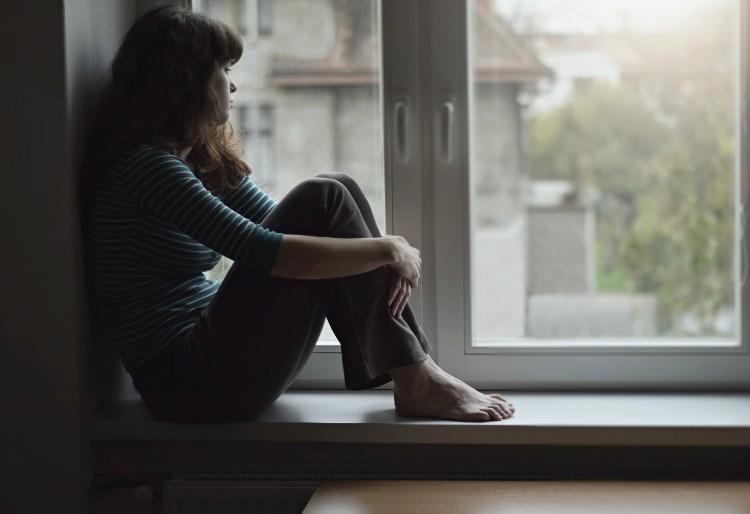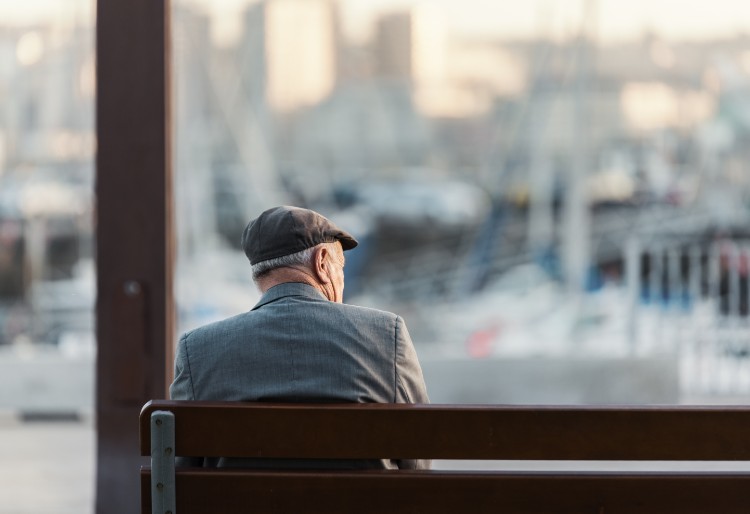Loneliness: desired or feared
Loneliness causes us sadness and, in many cases, problems with depression. This article will help you to discover how to deal with loneliness to find a way out of it.
KNOW YOURSELF
Share

With these words, we would like this article to serve to pay tribute to those who are no longer with us as a result of the COVID-19 pandemic.
Since the middle of March, an extremely high percentage of the world population has experienced a unique event. From one day to the other, in a chain reaction and in a very short amount of time, the governments of all nations had to adopt drastic measures in the face of the most significant pandemic of the last century. To stop the spread of the disease, we had to confine ourselves to our homes, in many cases living without any company or physical contact whatsoever.
COVID-19 led to often desired solitude which, over the weeks, has turned into a fearsome situation which has made many people’s lives challenging.
This type of loneliness causes symptoms of sadness and, sometimes, problems in controlling our mood (anxiety or depression). This article will help you to discover what loneliness is and to know how to deal with it.
What is loneliness and what are its causes?
We have all felt alone sometimes. Feelings of loneliness are subjective, since the experience is different for each person.
Loneliness is not about being physically alone; it isn’t necessary to be surrounded by people to feel accompanied, in the same way that, on the contrary, it doesn’t mean being isolated and being physically alone. It is about an emotional response, not a physical response. It determines our well-being and depends on the expectations we have about social rewards and the successful relationships we have with others.
When we experience loneliness, we are more irritable, short-tempered, more prone to express our nervousness.
As this condition remains over time, it can result in symptoms of anxiety and depression which can affect our mental and physical health.
It is usually in situations of change in our lives that we can feel more intense loneliness: when a relationship breaks down, a change in work or home, or a change in daily routine with an unexpected turn of events. We face a mixture of fear, pain and hopelessness: feared loneliness, a cause of many premature deaths.
When we experience loneliness, we are more irritable, short-tempered, more prone to express our nervousness.

How to deal with the fear of being alone?
- Decide to confront it. As with all fears, it is necessary to recognise it and decide to confront it. It isn’t surprising you are scared, it generates a lot of uncertainty and, it is a natural part of humanity to avoid this pain.
- Look after yourself. The second decision is to decide to look after yourself. To deal with fear, it is important to avoid moments of tiredness, aiming to get the right amount of sleep, a balanced and healthy diet, as well as to maintain a healthy physical activity of between 30 and 45 minutes, at least 4 days a week. It is worth doing an activity aimed at managing nervousness and anxiety. Doing relaxation and mindfulness exercises helps to boost our nervous system and helps to improve a more secure and relaxing coping style.
- Distract yourself and meet up. Set a timetable of activities, both distractions and social activities. Meet up with friends, even though it's been a while since you got together. It’s better if it is in a small group rather than a large one, that way it will be easier to manage the contact and remember later what you have talked about. It’s good to make an effort to get involved in excursions, walking, theatre groups or other forms of group activities. In simple situations, with people from our immediate surroundings, try to dedicate a few minutes to keep or extend a conversation.
- Get rid of unhealthy habits. It is also worth getting rid of unhealthy habits. Hiding away on social networks is easy when we are suffering from feelings of loneliness. It is like a modern excuse to relate with others. However, it isn’t usually like that, the tendency is to hide behind them, so we don’t have to face fear and think that it can serve as a showcase for a social leap.
- Goodbye to victimhood. But the most important thing is not to give in to negative emotions. It isn’t good to agree with them. It’s easy to become a victim, but it isn’t beneficial, like taking care of yourself or enlisting yourself on activities aimed towards personal improvement.






